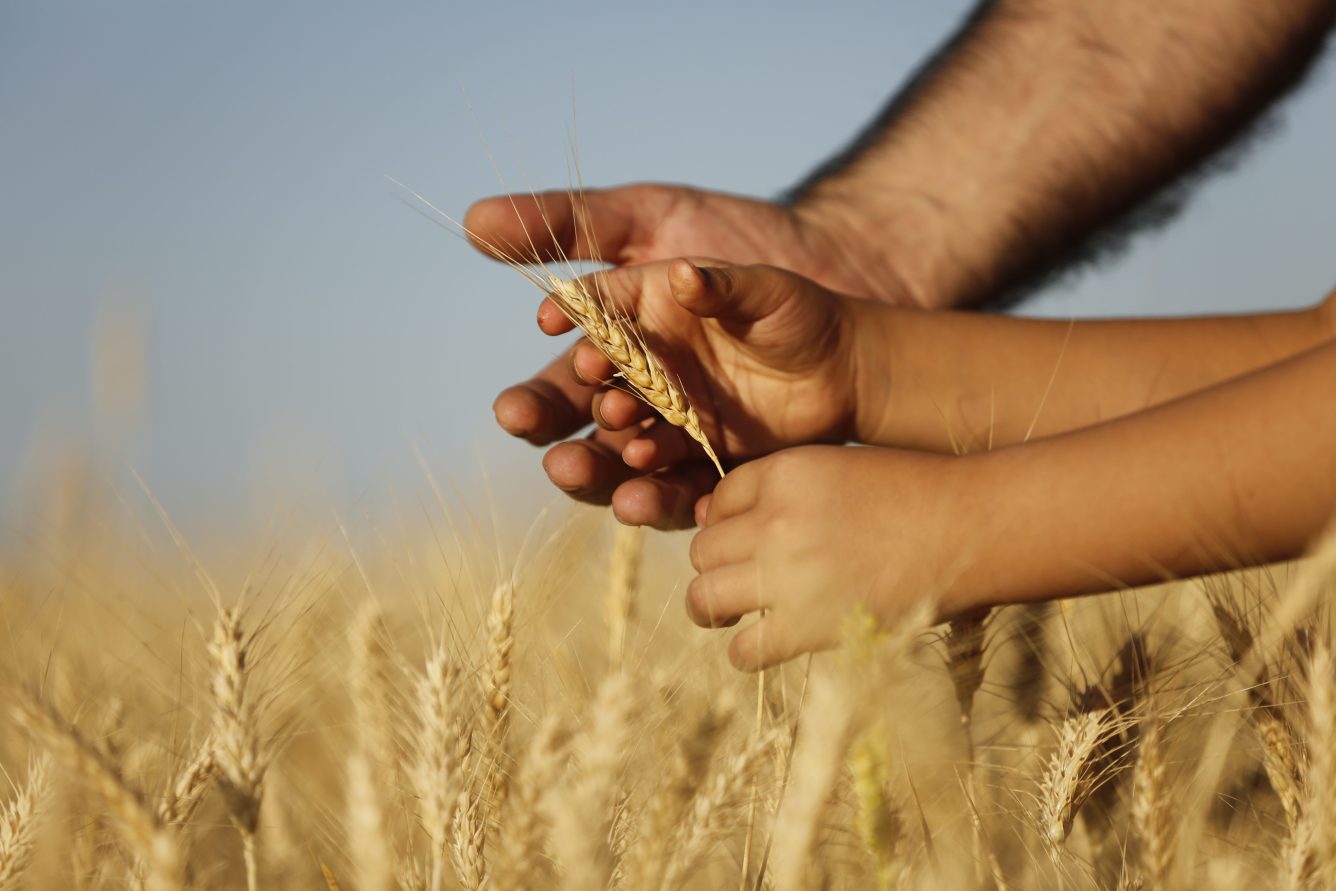Running a farm can be a rewarding lifestyle and a lucrative business for primary producers, but at times it can feel like you’re ‘going at it alone’ on your business journey. Your family’s homestead and livelihood are built and based around farming operations which are often contingent on the weather and can make or break a crop each year, sending farming families into financial distress if not planned for.
Below are some key areas which can help deal with these uncertainties and provide some much-needed breathing room when addressed early in the piece.
1. Controlling cashflow, using Farm Management Deposits (FMD’s)
Primary producers with income that varies from year to year can make great use of Farm Management Deposits. Select financial institutions provide access to these and allow accountholders to deposit income made and claim a tax deduction on these deposits in any given year. On withdrawal these same amounts then form part of that year’s assessable income. Financial risk can be managed more effectively in low-income years and ensure that business costs can be met from cash reserves. This strategy can also reduce tax payable over the medium to long-term due to personal income tax brackets.
There are several eligibility requirements to make use of FMD’s and it is important that a decision on how best to structure a farming business takes into consideration the ability to access these great financial tools.
2. Farm succession
A major challenge faced by farmers across Australia is how best to deal with the eventual succession and transfer of the farm to the next generation. Front of mind is often the continued profitability of the business but retiring farmers needs to also ensure that they have adequate income in their retirement years.
Children with non-farming careers also need to be catered for in overall estate planning (see off-farm investments below) in addition to those who want to remain on the farm.
The first step is to start talking together as family on how each child should and wants to be treated when it comes to inheritance to ensure everyone is happy with the decisions made. Due to the complexities and differences between family groups, it is vital farmers seek personalised financial, legal and tax advice. Some of the key areas for consideration revolve around investing, tax implications, trust structures, land ownership and how these interrelate.

3. Off-farm investments
Reducing risk away from farm assets and into other investments can soften the impact of external factors such as weather cycles and agricultural commodity prices and provides for more diversification across overall family wealth. Access to capital held in assets such as shares is also much easier to source when needed in contrast to trying to sell farmland for example.
Off-farm investments such as shares, bonds and property can be used to share wealth amongst kids with different life ambitions. For instance, if one child wants to work on the family farm whilst another is looking at a career away from home, agreements can be made to eventually give the latter more off-farm investments.
Determining a couple’s attitude towards risk can also unearth a more conservative approach and off-farm investments, such as bonds, will enable the family’s overall wealth position to reflect this. This, in contrast to buying more farmland, can create less work for the family and avoid taking any unnecessary risks along the way.
4. Self-Managed Superannuation Funds (SMSFs)
SMSF provides for greater flexibility and control over how your eventual retirement savings are invested. This is particularly appealing to farm business owners, who can access their superannuation to invest in real business property including primary production land.
There are options available to those who currently own their farm outright or are looking to purchase more land. The farming business can lease the property and pay rent to the farming family’s SMSF which results in a great tax outcome and increases their pool of funds in retirement.
Additionally, the SMSF-owned farmland may be sold in retirement free of any capital gains tax. The homestead can be carved out of this transaction, which allows for part of the property to be owned personally and retain access to the main residence tax exemption if ever sold.
5. Protecting the family
Like most other business owners and families with debt and children, it is important that farming families protect against unforeseen events that could result in the loss of income, disablement and even death of a key family member. Life insurances can provide protection in these areas.
Some of these insurances can be paid for out of superannuation, which can save on much needed personal cashflow. Others paid personally are tax effective and can make a massive difference under stressful circumstances when you’re trying to recover from illness.

6. Seek Advice
There are so many options available to you when it comes to financial planning around your farm and rural lifestyle. We encourage those involved to seek formal advice to ensure decisions made are well considered and informed. If you want to discuss how best to move forward, then give us a call. It can be difficult for farmers to take a break from the property so in some situations, we can come to you.
Sean Hocking works with individuals and their families to provide peace of mind and clarity around their financial future. Having a roadmap in place which clearly articulates what’s important in the years to follow gives his clients the confidence to make clear and informed decisions throughout their financial life journey.


